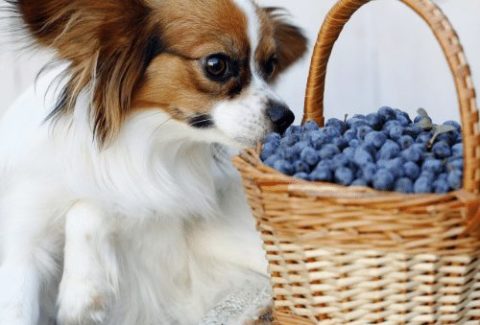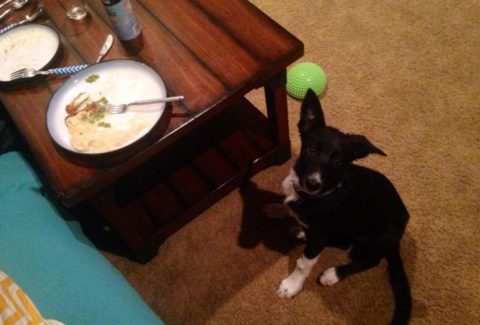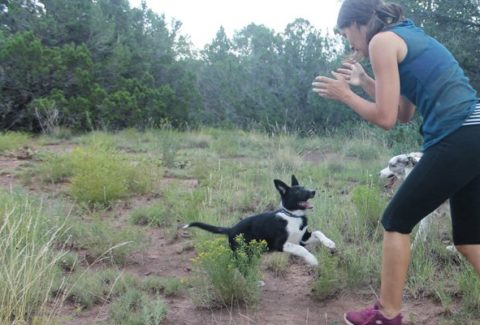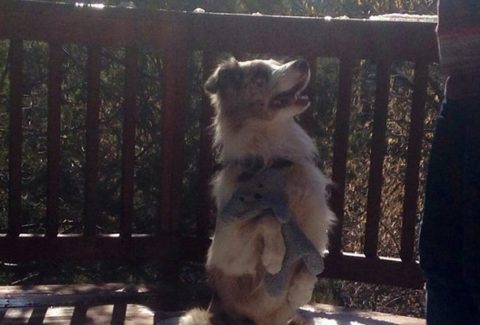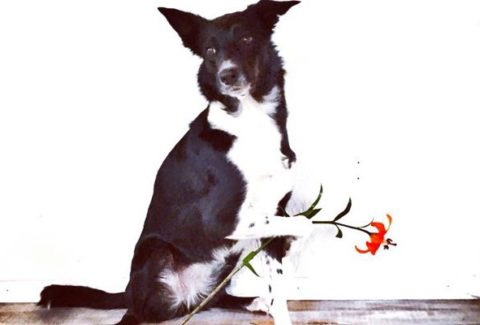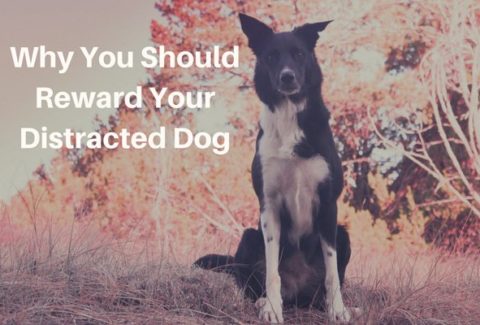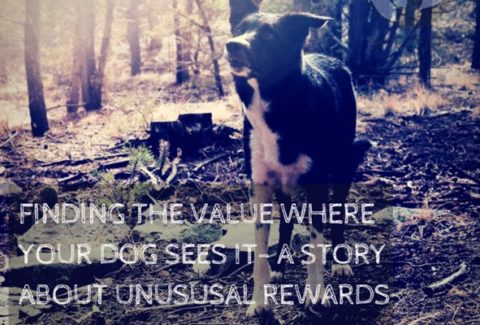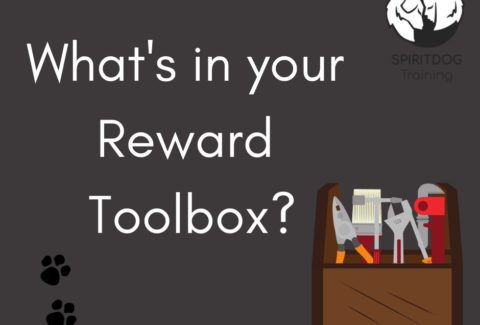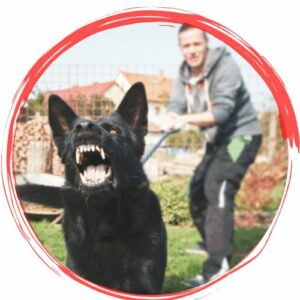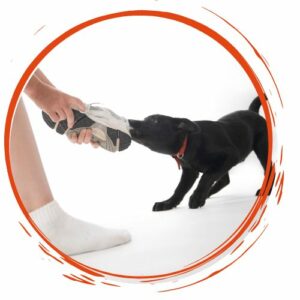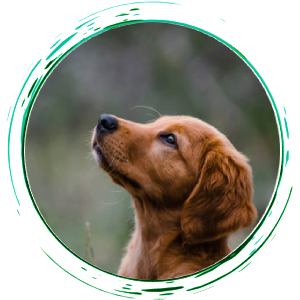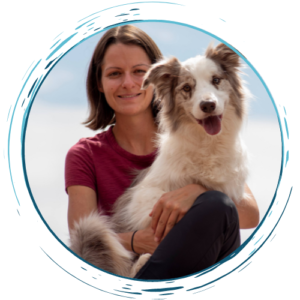When Can I Wean The Treats?
November 25, 2019 2021-06-26 13:23When Can I Wean The Treats?
When Can I Wean The Treats?
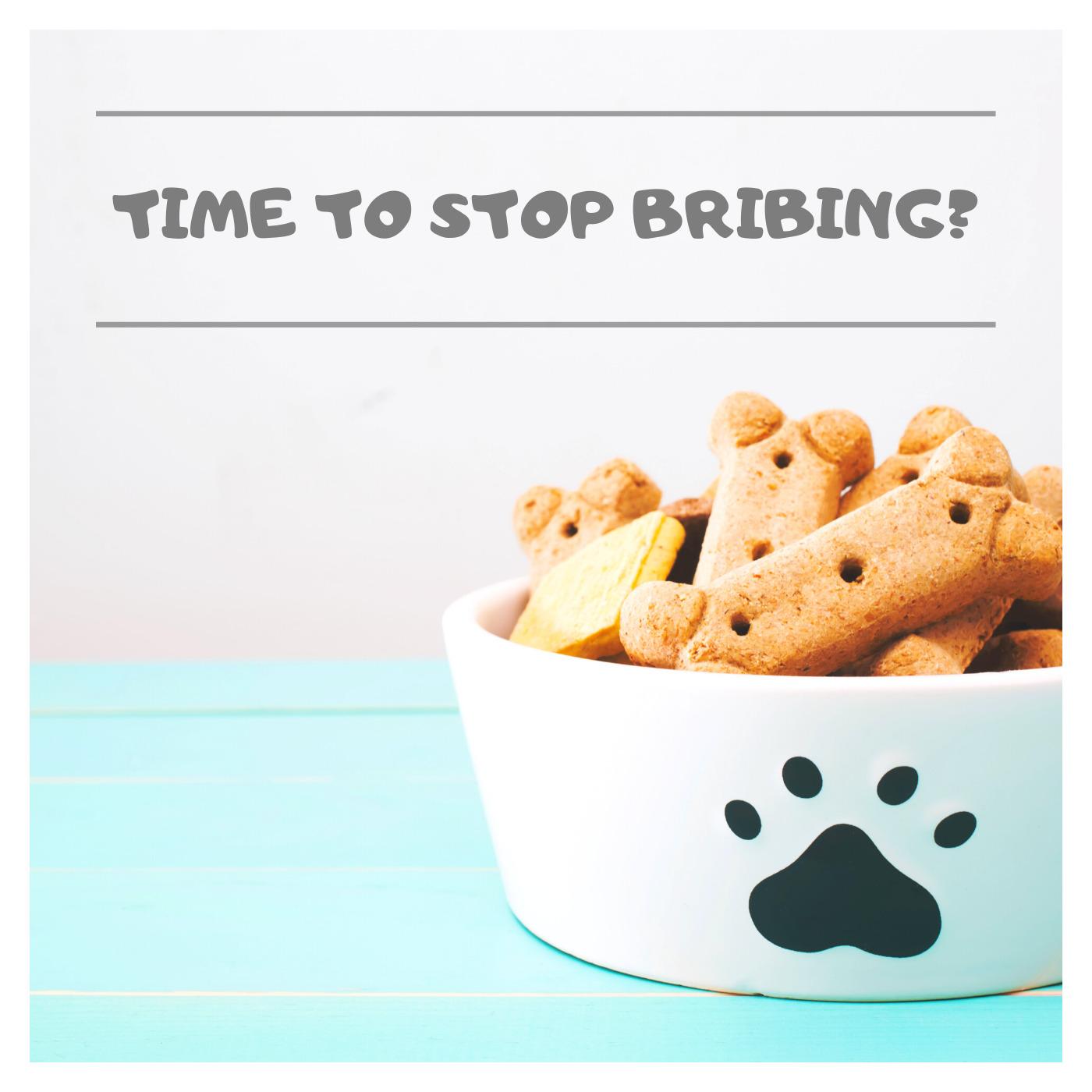
Treats are the #1 thing I make sure I got on me whenever I go to train a dog. They are the easiest, fastest reinforcer and universally desired by every dog. While some dogs might be more picky than others, and some may need some extra work to find the perfect treat for them, there is no more fool-proof reward out there.
One of the things I tell new clients in our first phone call is “Make sure you have a lot of great treats – we will need all of them.” Cut-up meatballs, hotdogs, bologna, string cheese; freeze-friend liver … whatever the dog will want to work hard for!
Sometimes, the reply is “But we won’t have to use treats all the time? When can he do it without the treats? I don’t want to bribe him?”
Ah, yes. There it is: The quest to have the dog work for minimal treats, ideally right from the start.
Curiously, the ones who should definitely not stop using treats – the owners very new to training – are usually the ones most eager to stop using treats. The more experienced the owner becomes, the less important minimizing treats get.
Let’s look at when (and if) it is ever time to wean treats!
Why Are We Using Treats In The First Place?
When we are initially teaching a new behavior, we use treats to show our dog what we want (whether that is through shaping, luring or capturing). He needs the treats to be told “right” or “try again” and figure out how to do what we have in mind. While we might want to believe that our dog will respond to verbal feedback only (saying “yes” and “no” with no other form of rewards), this rarely works.
By definition, a reinforcer is something that makes our dog more likely to show a behavior again. Dogs, like any animal, are only going to use energy and resources for actions that pay off in some way. Us saying “yes” may pay off enough for a sit inside with nothing else going on; but for a recall outside among a million distractions we will need something a lot more enticing if we want our dog to listen to us.
(A common scenario that breaks a dog’s recall is this: The owner calls the dog at the park and the dog actually listens and comes running to him. The owner does not carry any treats or other reinforcers with him. He is relieved that the dog came in the first place and puts a leash on the dog to go home.

What just happened from the dog’s point of view? He left secure reinforcement in form of play in order to come to his owner, expecting some kind of other reinforcement that would make it worthwhile. What he got from the owner was not just no reward, it was actually the deterring action of going home and stopping all fun.
Is this dog more likely to come again the next time? Probably not! He will remember how this went down and when he is playing at the park the next day, he will try out a different option: Not coming when called and instead enjoying continued playtime with his friends.)
Need help with coming when called? We got you.
Changing The Habit Comes First
Worrying about not using too many treats and bribing the dog into good behavior is actually addressing the issue from the wrong end.
Whenever we really want to change a behavior, nothing should be as important as stopping the bad habit immediately and not rehearsing it anymore.
Let’s for example look at a dog who is overly excited and rambunctious in public. He cannot walk on a loose leash and follow basic cues such as Sit or Wait.
The most important step is to completely prevent the dog from keeping on engaging in these behaviors. Every time the dog pulls on leash and successfully gets to go somewhere, or jumps up on a person and successfully gets interactions out of it, he will perceive this as a great environmental reward and do it again.
There is no need to worry about the dog getting dependent on treats at this point – the only worry should be stopping the bad behavior from occurring. Don’t be concerned about how to make the good behavior even better. You just need the bad behavior to end!
I always tell my clients “In the beginning, everything is fair game.” That means that if your dog needs a treat every 5 seconds to not pull on leash, I will be happy to give him a treat even every 3 seconds! If the dog would listen without treats, we would not be training together in any case. No need to be stingy – can allow ourselves to use all the tricks we have.
Once You Use Enough Treats, The Magic Happens
Let’s look at our dog who couldn’t focus in public again. Instead of allowing him to pull his owners here and there and everywhere, the owners are now the ones deciding where to go (with a treat pouch filled to the brim). They reward the dog generously for a loose leash and simple tricks like sitting. For the first time in his life, he rehearses paying attention to his owners in public and responding to their cues.
Before the session, the dog’s recollection of behavior in public looked something like this:
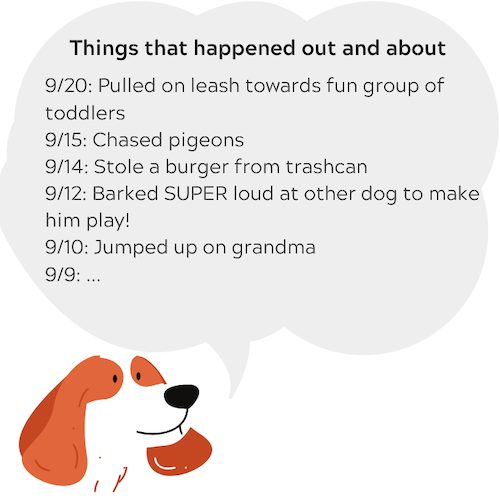
But now, after the first good session, it looks like this:
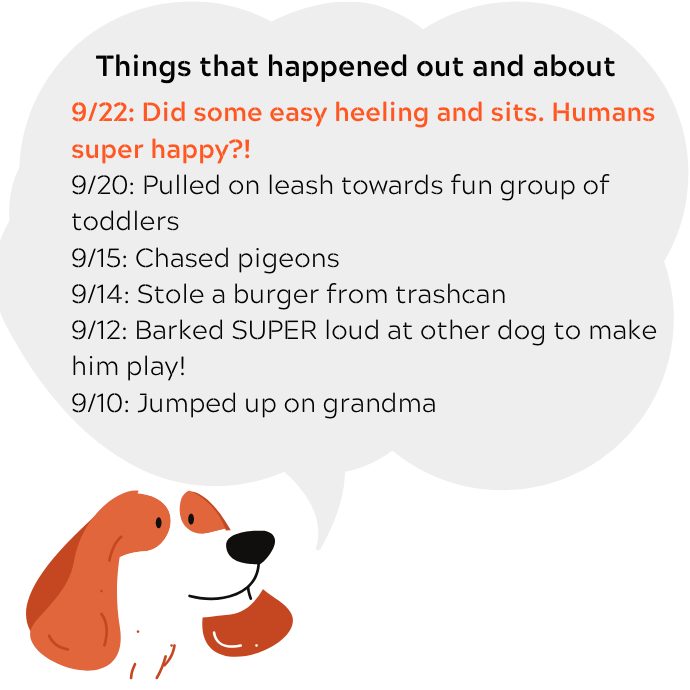
The more the dog gets taken on these successful outings, the more his recollection of what an outing is supposed to be like changes. His bad habit changes. What is left are good, new habits!

If a dog engages in a rewarding behavior often, it becomes more and more ingrained and eventually a habit. That’s exactly what we want to achieve with all our treats and the good behavior.
Making our dog be successful by having so many treats also has an secondary great effect:
The less often he engages in a behavior, the more this behavior will become a distant memory.
No dog needs treats to bribe him to not jump up on people in public for the rest of his life. Once our dog has shown us that he can and will perform the good behavior for a boatload of treats, then it is time to gradually wean them.
Don’t Go All Cold Turkey!
When weaning treats, you should never move from 100 to 0. Instead, slowly (over the course of weeks or even months) reduce the frequency of rewards. If you notice that your dog’s behavior regresses or he suddenly seems to lose interest in training with you, you are going too fast.
You never want to stop letting reinforcement come from you. While you may not want to reward your dog for every sit for the rest of his life, you should still reward him for the especially great sits, such as:
- Sitting at the dog park
- Sitting in front of his dinner bowl
- Sitting after bringing back his ball
- Sitting while you are playing with another dog
- and so on.
I recommend you always carry some kind of reward that you can give your dog when he shows you a great effort. He is always learning, and he will always be eager to become even better when you offer him reinforcement at the right time.
Also – rewarding dogs is just plain fun. I reward more often than learning theory would dictate just because I enjoy the dogs’ happiness when they get a treat or a great game of tug. It’s bonding and fun. Like I said in the introduction: Usually the longer you train, the less important it becomes to wean treats.
Treats That You Should Never Wean
There is one type of treat that you probably should never wean, and that’s your recall treat. I walk my dogs in our forest every day, and I never go without a pocket full of hotdogs or meatballs. Sometimes my neighbors see me calling and rewarding my dogs day after day, and they ask “Why do you do this? Aren’t you a dog trainer?” Well, yes … and that is exactly why I do it.
It’s fun and interesting to experiment with how you can vary reward types and frequencies for behaviors such as spinning left and right, in different environments, without the dog’s enthusiasm and accuracy fading. I actually recommend you do this, it will teach you a lot about training and your specific dog.
It is a lot less fun to find out that you went too far with reducing reinforcement for a recall when your dog takes off down the road and doesn’t come back when you yell his name. There is no shame in rewarding every single good recall.
In fact, I think it is a virtue to always carry a recall reward and make sure that your dog will never decide it might not be worth to come when called.
Alright, now go and wean (or don’t wean) your treats 🙂
Happy Training!

